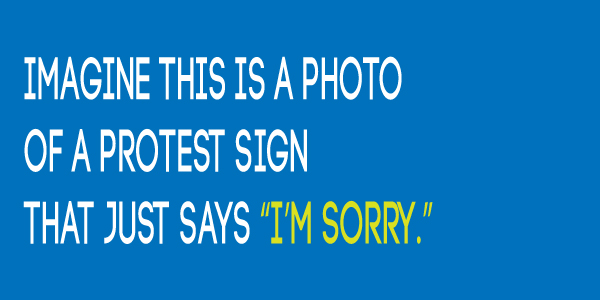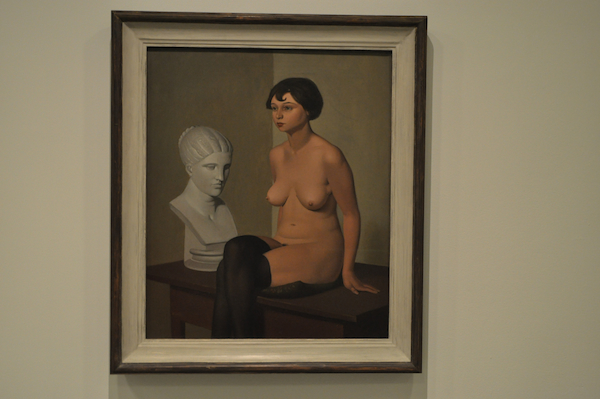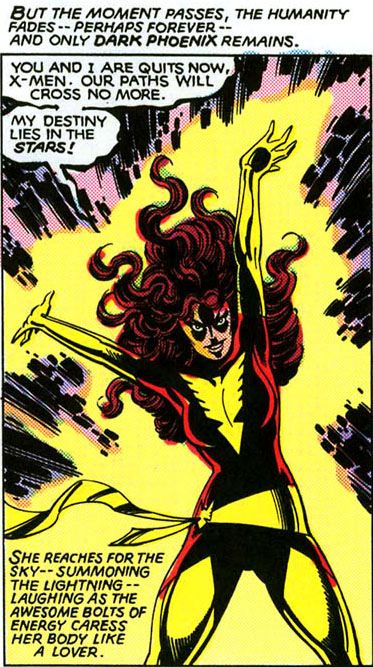Writing is a matter of taste, criticism a manner of penetration.
A little street

A rare Vermeer painting “The Little Street” (c. 1658) shows the side of a street in Holland spotted with a cast of the painter’s usual subjects, who may be taking a break from their role at the windows above. His sole painting of this nature, nobody knows why, that day, he decided to leave his room and paint from outside. Some art historians suggest that the scene in entirely imagined. I imagine the daylight, however dimmed by the clouds, entering the black windows — the soft angular light, the new shapes presented, and the intricate narratives unfolding inside. Neutral Milk Hotel’s “Holland, 1945,” which begins the only girl I’ve ever loved/was born with roses in her eyes/but then they buried her alive/one evening 1945 may well be about Anne Frank, her legacy one of edifice: of her building, of the bookshelf that led to her secret annex, the published cover of her diary proposing how one might look at it. This one sees her in her room, the way Vermeer would have imagined, reading a letter from a boy, or writing one; and while history congratulates composing letters, decomposing bodies has the final say. Buildings haven’t changed much in Holland, at least I’m guessing. I’ve never been. Who needs Amsterdam when you have rush hour traffic jam in front of you. At a red light, I imagine things in a glass room moving in an anthropologically sound way. We list our wars I and II, as if we were counting on something.
Starting With No
My creative writing pedagogy story starts in the Introduction to Poetry writing workshop I took as a nontraditional student at Florida International University. I signed up for the course because I was convinced that I was the baddest poet that had ever lived. I’d won both of the poetry slams I’d entered. I could rhyme like no one else. I prided myself on being able to write complete sentences where every word rhymed and still made sense. In the first class session, the professor told us that poems don’t have to rhyme and that most contemporary poetry didn’t rhyme at all. She even went so far to say that a good portion of bad poetry written by amateur poets today rhymed. She said rhyming is easy, rhyming well is hard. I was shattered. She hadn’t yet read any of my work, but I took her words personally. Everything I thought I knew about poetry and my ability to write it was destroyed.
Now when I teach my own intro to poetry writing workshops, I am aware of the extra inhabitants in the room—the students’ misconceptions. These misconceptions keep students from attempting to write poetry when they don’t believe they can make a poem do what they believe poetry is required to do. These misconceptions keep them from reading poetry because if they already believe they know what poetry is (and they don’t necessarily like it), why should they read anymore of it? That’s why I feel that my first job as a creative writing instructor is to overcome their false impressions.
Reading Comics: Christopher Lirette on the Dark Phoenix Saga
Welcome to the second installment of my new series: Reading Comics. I’m excited to report that I’ve got a bunch of great contributors lined up, and am myself working on a few entries. If you haven’t contacted me yet, but would like to participate, email me and let me know! Without further ado….here’s Christopher Lirette…
“The Libertine Adventures of Scott and Jean, or Genocidal Orgasm and Mystical Unions in the Dark Phoenix Saga”
Over the last few weeks, my students and I read Chris Claremont and John Byrne’s 1980 Marvel comics classic “Dark Phoenix Saga,” the most popular story in Uncanny X-Men. I’m teaching a class focusing on superheroines and depictions of women kicking ass under the rubric of gender and sexuality. So far, I’ve spent a lot of time trying to teach that there’s more to studying gender in literature than pointing out moments of sexism—a harder task than I thought it would be, perhaps because our primary texts feature scantily clad women beating up villains and forming romance with dudes whose clothes get caught in their muscle striations. Although William Marston Moulton created Wonder Woman in 1942 to combat “the blood-curdling masculinity” he found plaguing titles such as Batman and Superman, it’s not until “Dark Phoenix Saga” that we get a comic book that truly addresses the problem of the deuxième sexe superheroique: a story that revels in the messiness of desire, one whose heroine’s problems, while mythic, symbolize the contradictory messages real people receive about gender.
The Powerlessness of Bad Writing
 At The Indypendent, in a fairly comprehensive overview of the very amazing and exciting protests happening on Wall Street and the issues behind the protests, there is this crucial paragraph:
At The Indypendent, in a fairly comprehensive overview of the very amazing and exciting protests happening on Wall Street and the issues behind the protests, there is this crucial paragraph:
Our system is broken at every level. More than 25 million Americans are unemployed. More than 50 million live without health insurance. And perhaps 100 million Americans are mired in poverty, using realistic measures. Yet the fat cats continue to get tax breaks and reap billions while politicians compete to turn the austerity screws on all of us.
This is the beef, right? I agree with it with all my heart and pump my fist a little, even though it is striving to say nothing. I’m disappointed that it is ruined by ghetto-ized rhetoric like “fat cats” and meaningless statements like “Our system is broken at every level.” Even the statistics shared are paltry (and made more so by “perhaps”). Granted, this is The Indypendent, so the preaching here is directed to the choir — I grant that, but actually it’s my point. Why? Why does every group have their own vernacular that they use to deafen their opponents?
The comment box is open for non-shitty articles about #WallStreet?
And it’s worth 15 minutes to watch this timeless discussion. Foucault is a tool. I’m in love with Chomsky, who at around 5:00, does a much better job characterizing our demise.
Black harbor is featuring a lovely short film about Luca DiPierro’s work. There’s also a great interview with Luca on the Black Harbor website.
Silence & Communication

A month or so ago, I was asked to write a response to the work of John Cage. And then, 21 other authors and I stood in a big circle around a crowd and read our responses. I thought I’d share mine with you.
3 OBSERVATIONS ON SILENCE (FEATURING HARPO MARX)
1
Imagine a long line of people, and a very important person—possibly with his wife, possibly with his security, possibly he is a she. The very important person is walking down the long line of people shaking hand after hand. Three quarters of the way down this line of people, the very important person comes upon a man in an overcoat and top hat. When the very important person sticks out his or her hand, the man in the overcoat and top hat does not in return stick out his own hand, but instead lifts his leg and deposits it in the hand of the very important person. READ MORE >
Chicks Dig Pink, Frilly Things and (Domestic) Porn

When you write a book with the title It’s A Man’s World, with the tagline “but it takes a woman to run it,” you have to have some sense that your book is going to be marketed in a certain way. I haven’t read the book in question, but the title certainly gives an impression. Maybe it’s just me but when I see that title, I think “chick lit.” I also enjoy “chick lit,” so that label is not a bad thing. That book’s author, Polly Courtney, recently had a very public reaction to how her book was being marketed as “chick-lit,” announcing she was leaving her publisher, Harper Collins, so her writing wouldn’t be pigeonholed. As writers, we often have to worry about whether or not our work will be pigeonholed based on some aspect of our identity. No one wants their creativity limited or misrepresented; pushing back against rigid, often unfair categories is a natural response for a creative person.
In her explanation for why she was leaving her publisher, Courtney distinguishes between women’s fiction, which she writes, and “chick lit,” which she very much does not. I gather that women’s fiction is serious while “chick lit” is not. She writes, “Don’t get me wrong; chick-lit is a worthy sub-genre and there is absolutely a place for it on the shelves. Some publishers, mine included, are very successful at marketing this genre to women. The problem comes when non-chick lit content is shoe-horned into a frilly “chick-lit” package. Everyone is then disappointed: the author, for seeing his or her work portrayed as such; the readers, for finding there is too much substance in the plot; and the passers-by, who might actually have enjoyed the contents but dismissed the book on the grounds of its frivolous cover.”
Depending on the content of the book in question, Courtney is correct in noting that disappointment is possible for everyone involved in the consumption of a book. At the same time, isn’t a cover is just a cover? Eventually, the writing speaks for itself and either readers will like the work or they won’t. Readers are fairly sophisticated these days, aren’t they? I would like to believe readers will, more often than not, have a good sense of what a book is or isn’t about no matter what is emblazoned across the cover. Unfortunately, such does not seem to be the case and certain books are burdened by covers that alienate certain audiences.
Anybody who’s remotely interested in the art of/work of writing should pick up the current issue of The Paris Review and flip to Dennis Cooper’s interview. It is pure inspiration.



